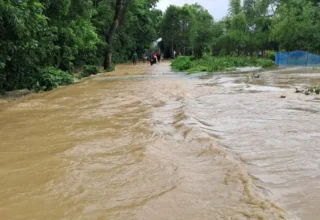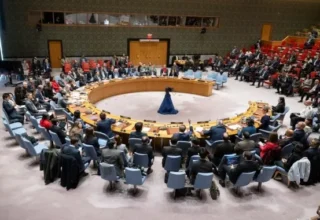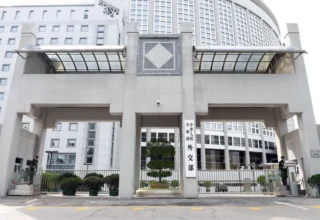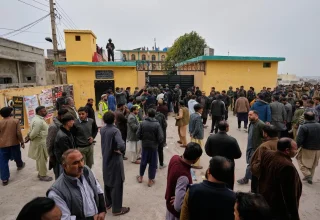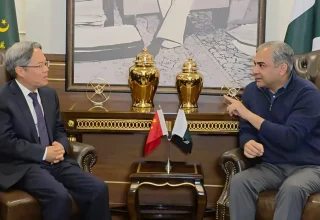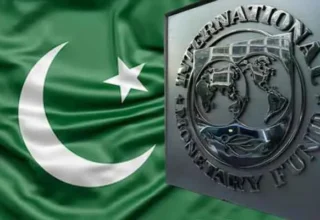
The International Monetary Fund (IMF) has identified nine major shortcomings in Pakistan’s public financial management system, warning that weak budget monitoring and governance gaps are undermining fiscal discipline.
The government, however, assured the lender that it is taking concrete steps to improve transparency and curb corruption.
IMF report highlights major concerns
According to the IMF’s Corruption and Diagnostic Assessment Report, Pakistan’s public investment system suffers from several serious flaws. The Fund raised alarm over delayed projects, rising expenses, and the inclusion of politically motivated schemes in the Public Sector Development Programme (PSDP) without following due procedure.
The report also flagged risks in multi-year budgeting, noting that limitations in oversight increase opportunities for corruption.
Call for strong budget monitoring
The IMF emphasized that strict budget monitoring is necessary to enforce fiscal discipline. Ministries, including finance, planning, and the Federal Board of Revenue (FBR), along with other stakeholders, briefed the Fund on the progress made to address the shortcomings.
Further discussions on the proposed reforms are expected during the IMF mission’s upcoming visit to Pakistan.
Govt’s response and reforms
In response, Pakistani authorities informed the IMF about multiple steps taken to improve governance. These include:
- Establishment of a Financial Monitoring Unit (FMU)
- Asset declarations for civil officers and the bureaucracy
- Prioritizing the fast completion of foreign-funded and under-construction projects
- Closure of 344 slow-moving projects worth Rs2.518 billion
- Launch of a digital transformation process to ensure transparency in high-risk projects
- Introduction of an intelligent project automation system in the Ministry of Planning
Officials stressed that these reforms are aimed at curbing misuse of funds, preventing corruption, and strengthening accountability.
IMF pushes for revenue, governance reforms
According to the sources, the IMF has also been informed of the measures being taken to improve tax revenue and curb corruption. It welcomed the government’s commitment but insisted that sustained implementation will be key to restoring financial discipline.
The IMF has pointed out that only 2% of funds have been allocated for new development projects against the prescribed limit of 10%.
Lack of project prioritisation
Another critical gap highlighted by the IMF is the lack of prioritisation in development projects, saying funds could not be secured for approved projects, leading to inefficiency, overlapping initiatives, and inflated costs. It also observed the use of non-competitive methods in procurement.
The Fund urged Islamabad to restructure its investment framework to ensure resources are directed to high-impact projects.
According to officials at the Finance Ministry, the release of the IMF’s Corruption and Diagnostic Assessment Report has been delayed due to progress in improving the financial system. The assessment report was initially planned to be released in July and then in August. The proposed report is also expected to be discussed during the IMF mission’s visit to Pakistan this month.



















